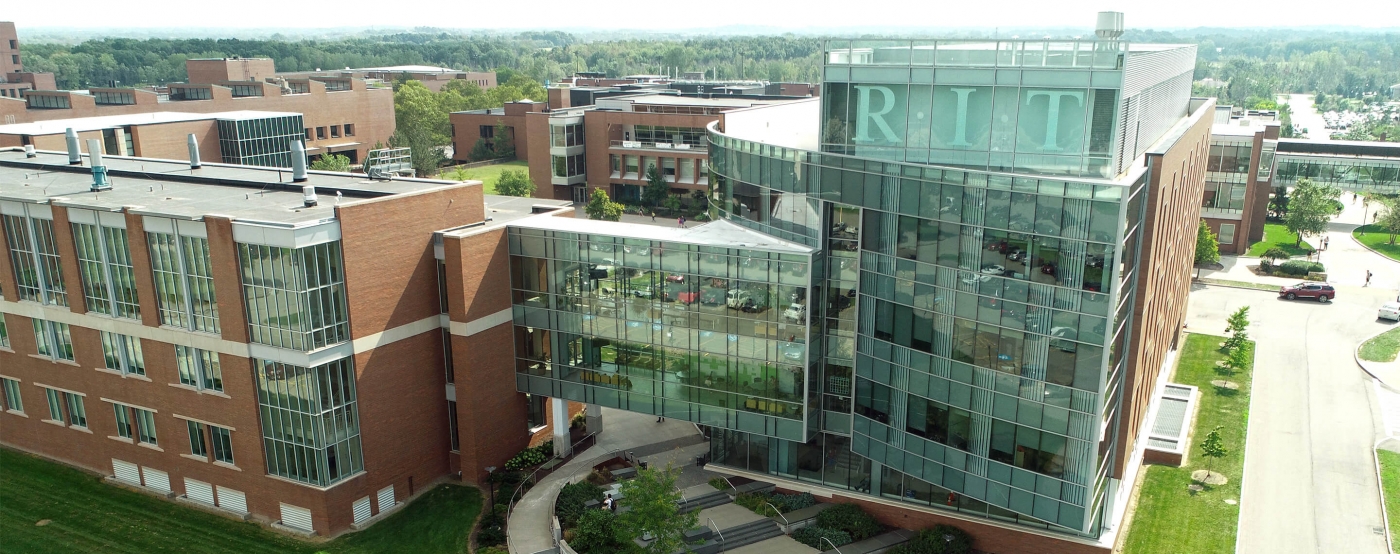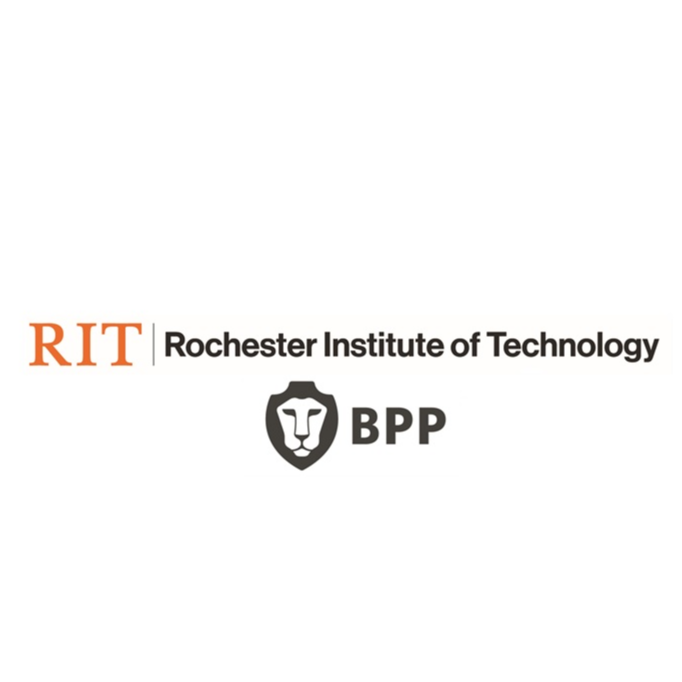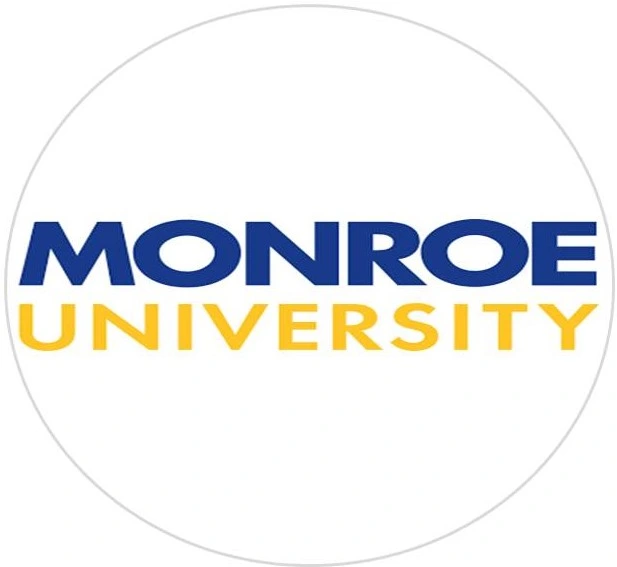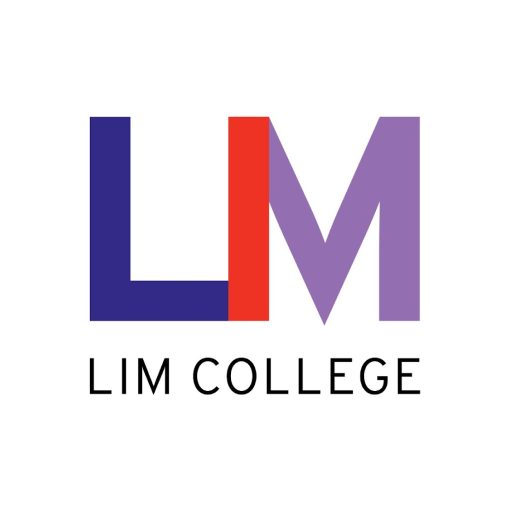
Home > Study in USA > BPP North America - Rochester Institute of Technology > Master of Science in Astrophysical Sciences and Technology (STEM)
Master of Science in Astrophysical Sciences and Technology (STEM)
 BPP North America - Rochester Institute of Technology, USA
BPP North America - Rochester Institute of Technology, USA

USD 42660
Annual Tuition Fee

USD 65
Application Fee

24 months
Duration

6.5
IELTS

79
TOEFL

70%
Min GPA
Program Overview
The degree in astrophysics focuses on the underlying physics of phenomena beyond the Earth, and on the development of the technologies, instruments, data analysis, and modeling techniques that will enable the next major strides in the field.
There has never been a more exciting time to obtain an astronomy degree and study the universe beyond the confines of the Earth. A new generation of advanced ground-based and space-borne telescopes and enormous increases in computing power are enabling a golden age of astrophysics. RIT’s astronomy degree has a multidisciplinary emphasis that sets it apart from conventional astrophysics graduate programs at traditional research universities.
RIT’s master’s in astrophysics offers students a wide range of frontier research topics in areas including multi-wavelength astrophysics, instrumentation and detector technology, computational astrophysics and gravitational wave astronomy and numerical relativity. Our guiding principle is to provide an intellectually demanding program within an informal, student-centered and supportive environment.
At RIT, you have the flexibility to tailor your plan of study to emphasize astrophysics (including observational and theoretical astrophysics), computational and gravitational astrophysics (including numerical relativity and gravitational wave astronomy), or astronomical technology (including detector and instrumentation research and development).
Pursure research interests in a wide range of topics, including design and development of novel detectors, multiwavelength studies of proto-stars, active galactic nuclei and galaxy clusters, gravitational wave data analysis, and theoretical and computational modeling of astrophysical systems including galaxies and compact objects such as binary black holes.
Additional Information
Program Level Master's Degree
College/University Processing Time 42 Days
Program Format Full-Time
Optional Practical Training (OPT) 
General Admission Requirement
Academic Requirement
- Minimum Level of Education Required: To be accepted into this program, applicants must have a Bachelor's Degree in the physical sciences, mathematics, computer science, or engineering.
Similar Programs


Northeastern University - Boston Campus
Intake Sep 2026
Jan 2026, Jul 2025, Sep 2025

Application Fee

Duration
Test Score
6.5
IELTS
90
TOEFL
75
Min GPA


Northeastern University - Boston Campus
Intake Sep 2026
Jan 2026, Jul 2025, Sep 2025

Application Fee

Duration
Test Score
6.5
IELTS
90
TOEFL
75
Min GPA


Northeastern University - Boston Campus
Intake Sep 2026
Jul 2025, Sep 2025, Jan 2026

Application Fee

Duration
Test Score
7
IELTS
100
TOEFL
75
Min GPA


Northeastern University - Boston Campus
Intake Apr 2026, Sep 2026
Jan 2026, Apr 2025, Jul 2025, Sep 2025

Application Fee

Duration
Test Score
6.5
IELTS
79
TOEFL
65
Min GPA


Northeastern University - Boston Campus
Intake Apr 2026, Sep 2026
Jan 2026, Apr 2025, Jul 2025, Sep 2025

Application Fee

Duration
Test Score
6.5
IELTS
79
TOEFL
65
Min GPA


Northeastern University - Boston Campus
Intake Apr 2026, Sep 2026
Jan 2026, Apr 2025, Jul 2025, Sep 2025

Application Fee

Duration
Test Score
6.5
IELTS
79
TOEFL
65
Min GPA


Northeastern University - Boston Campus
Intake Apr 2026, Sep 2026
Jan 2026, Apr 2025, Jul 2025, Sep 2025

Application Fee

Duration
Test Score
6.5
IELTS
79
TOEFL
65
Min GPA


Northeastern University - Boston Campus
Intake Apr 2026, Sep 2026
Jan 2026, Apr 2025, Jul 2025, Sep 2025

Application Fee

Duration
Test Score
6.5
IELTS
79
TOEFL
65
Min GPA


Northeastern University - Boston Campus
Intake Apr 2026, Sep 2026
Jan 2026, Sep 2025

Application Fee

Duration
Test Score
6.5
IELTS
79
TOEFL
65
Min GPA


Northeastern University - Boston Campus
Intake Apr 2026, Sep 2026
Jan 2026, Sep 2025

Application Fee

Duration
Test Score
6.5
IELTS
79
TOEFL
65
Min GPA


Northeastern University - Boston Campus
Intake Apr 2026, Sep 2026
Jan 2026, Sep 2025

Application Fee

Duration
Test Score
6.5
IELTS
79
TOEFL
65
Min GPA


Northeastern University - Boston Campus
Intake Apr 2026, Sep 2026
Jan 2026, Sep 2025

Application Fee

Duration
Test Score
6.5
IELTS
79
TOEFL
65
Min GPA


Northeastern University - Boston Campus
Intake Apr 2026, Sep 2026
Jan 2026, Sep 2025

Application Fee

Duration
Test Score
6.5
IELTS
79
TOEFL
65
Min GPA


Northeastern University - Boston Campus
Intake Apr 2026, Sep 2026
Jan 2026, Sep 2025

Application Fee

Duration
Test Score
6.5
IELTS
79
TOEFL
65
Min GPA


Northeastern University - Boston Campus
Intake Apr 2026, Sep 2026
Jan 2026, Apr 2025, Jul 2025, Sep 2025

Application Fee

Duration
Test Score
6.5
IELTS
79
TOEFL
65
Min GPA


Northeastern University - Boston Campus
Intake Sep 2026
Jan 2026, Apr 2025, Jul 2025, Sep 2025

Application Fee

Duration
Test Score
6.5
IELTS
79
TOEFL
65
Min GPA


Northeastern University - Boston Campus
Intake Apr 2026, Sep 2026
Jan 2026, Apr 2025, Jul 2025, Sep 2025

Application Fee

Duration
Test Score
6.5
IELTS
79
TOEFL
65
Min GPA


Northeastern University - Boston Campus
Intake Apr 2026, Sep 2026
Jan 2026, Apr 2025, Jul 2025, Sep 2025

Application Fee

Duration
Test Score
6.5
IELTS
79
TOEFL
65
Min GPA


Northeastern University - Boston Campus
Intake Sep 2026
Jan 2026, Apr 2025, Jul 2025, Sep 2025

Application Fee

Duration
Test Score
6.5
IELTS
79
TOEFL
65
Min GPA


Northeastern University - Boston Campus
Intake Apr 2026, Sep 2026
Jan 2026, Apr 2025, Jul 2025, Sep 2025

Application Fee

Duration
Test Score
6.5
IELTS
79
TOEFL
65
Min GPA
Tuition Fee
The values given below are estimated figures, excluding extra charges like material fee, student activity fees, athletic fees, health care, etc., for courses. To know more, please visit the Programs page.
Average Tuition Fee Per Year
42660
Tuition Fee
(USD)
USD 65
Application Fee
(USD)
16750 Per year
Average Cost of Living
(USD)
The living costs include the total expenses per month, covering accommodation, public transportation, utilities (electricity, internet), books and groceries.
Check program website for more information about funding options.
Scholarships
First-year merit scholarships range from $14,000 - $27,000* annually ($56,000 to $108,000* over the length of the undergraduate degree).
RIT Graduate Scholarships are awarded by academic programs in recognition of students’ records of academic excellence. The amount of the award varies by student and department. Scholarships do not include a stipend. These awards carry with them the expectation that students will maintain a minimum academic standard (3.0 cumulative grade point average) and make satisfactory progress toward their degrees.
For More Information Click Here
Not sure what you are looking for?
Don’t worry, we are here to help.
Popular Universities to Study Abroad
World class education waiting for you.

New York, USA • 70 Programmes
Tuition Fee : USD 18000 - 19000 / year

New York, USA • 35 Programmes
Tuition Fee : USD 17000 - 18000 / year



Top Places To Study In Canada
Province wise Popular university and colleges for Studying abroad.
- Universities in Alabama
- Universities in Alaska
- Universities in Arizona
- Universities in Arkansas
- Universities in California
- Universities in Colorado
- Universities in Connecticut
- Universities in Delaware
- Universities in District of Columbia
- Universities in Florida
- Universities in Georgia
- Universities in Guyana
- Universities in Illinois
- Universities in Indiana
- Universities in Iowa
- Universities in Kansas
- Universities in Kentucky
- Universities in Louisiana
- Universities in Maine
- Universities in Maryland
- Universities in Massachusetts
- Universities in Michigan
- Universities in Minnesota
- Universities in Mississippi
- Universities in Missouri
- Universities in Montana
- Universities in Nebraska
- Universities in Nevada
- Universities in New Hampshire
- Universities in New Jersey
- Universities in New York
- Universities in North Carolina
- Universities in Ohio
- Universities in Oklahoma
- Universities in Oregon
- Universities in Other Any where
- Universities in Pennsylvania
- Universities in Rhode Island
- Universities in South Carolina
- Universities in South Dakota
- Universities in Tennessee
- Universities in Texas
- Universities in Utah
- Universities in Vermont
- Universities in Virginia
- Universities in Washington
- Universities in West Virginia
- Universities in Wisconsin
- Universities in Wyoming
Popular English Language Proficiency Exams
Blogs and Articles
Study in USA Blogs & Articles
Updated on • Jul 17,2025 05:33 PM IST • USA
Top 10 Agricultural Universities in USA
Updated on • Jun 27,2025 05:25 PM IST • USA
How Much Do Nurses Make in the U.S.?
Updated on • Jun 23,2025 03:59 PM IST • USA
Updated on • May 15,2025 05:23 PM IST • USA
Master's in Computer Science in the USA
Updated on • Apr 08,2025 05:59 PM IST • USA
Updated on • Mar 11,2025 01:18 PM IST • USA
Updated on • May 22,2025 04:20 PM IST • USA
Updated on • Jan 21,2025 05:46 PM IST • USA
Updated on • Jan 16,2025 03:32 PM IST • USA
Updated on • Dec 31,2024 12:39 PM IST • USA
Exams Required to Study in USA
Updated on • Dec 31,2024 12:44 PM IST • USA
Masters in Project Management in USA
Updated on • Nov 26,2024 01:15 PM IST • USA
Updated on • Nov 25,2024 03:33 PM IST • USA
How to Get a Job in USA in 2025
Updated on • May 20,2025 05:20 PM IST • USA
Updated on • Jul 12,2024 05:59 PM IST • USA
Cost of Living in USA for Indian Students
Updated on • Jun 07,2024 05:57 PM IST • USA
Updated on • Jul 12,2025 04:02 PM IST • USA
1 Year Master of Science (MS) in USA
Updated on • May 30,2024 05:51 PM IST • USA
How to Get a Job in USA as an Indian Student?
Updated on • May 28,2024 01:22 PM IST • USA
Top MBA Programs in USA in 2024
Updated on • May 23,2024 05:56 PM IST • USA









